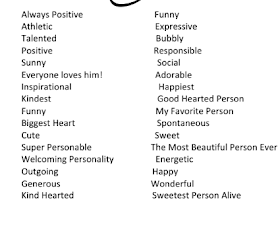I can remediate skills, I can teach more factoring, I make you do all my goofy dances to help remember the algebra rules you may have forgotten. One thing I can't do is time travel back to when you first learned a concept and ask you to think deeply about it before you are told all the "rules" you need to play the game. So many of my students get to me with "rules" and then are surprised that they can't remember them all. They are hesitant to think about the "why," even if it might save them time and mental energy in the end.
One of first times I encounter this is in teaching limits at infinity. Predicting end behavior is such a beautiful exercise in logic, testing your understanding of algebra and concept alike. For students who've only memorized the "top heavy" and "bottom heavy" rules, anything beyond a rational functions becomes a challenge.
 To combat that this year, I created my very own "Infinity War" (cue gifs and memes of the Avengers).
To combat that this year, I created my very own "Infinity War" (cue gifs and memes of the Avengers).
1) Students are given a deck of function cards to be dealt and divided among the group (I am doing pairs!)
2) Each round, every student flips over 1 card. They work together to figure out which would be "dominant" as x approaches infinity.
3) Player with the dominant card wins!
4) Play repeats until one player has all cards OR Mrs. G panics about the amount of time left in class and calls "TIME!"
Here is the file:
I'm hoping this helps build more conceptual understanding of why end behavior occurs the way it does and makes limits at infinity a more intuitive topic. I'll report back after I use the activity....10 hours from now in 1st block... :)












